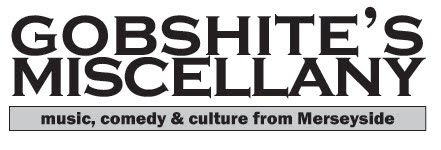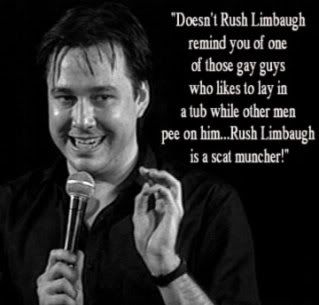
'Could you pull in over here? And take out that cyclist, I think he is shadow cabinet.' Malcolm Tucker
SOMEONE once said that the glory in Richard Pryor's comedy was that in between the laughter and the tears you say, 'That's so true'.
The Thick of It is the best example of this in modern TV.
It redefines the genre of political comedy as, and, hey, wanky film theory phrase ahoy, it tears up conventional ideas of verisimilitude. It appears so real, draws so closely on news narratives and satirises them to such an extent that it renders all politics absurd.
Tonight, new social affairs minister Nicola Murray (Rebecca Front, pictured right), already in trouble with the press because of dodgy family links to PFI and private schooling, has to meet the Guardian with her department having lost the details of thousands of immigrants.
Before she gets there we see her office staff in a frenzy shedding documents and trying to hide the gaffe. The self-preservation instinct of the weasel civil servants is evident in the next scene:
Minister Murray: 'Someone has done a huge poo on my desk. Who is going to clear it up?'
Press kingpin Terry: 'My bum is clear of that.'
But its tremendous glory is in the probably pitch perfect depiction of the ad hoc craziness of political spin doctors formulating crisis policy, media strategy amid the incredibly elitist and closed realm of the Westminster reporting.
It's at a private lunch at the Guardian to define key policy and trying not to let slip time bomb scandals in a department that is clearly in crisis, that Murray lets slip to a visiting freelancer that a department in crisis has a media time bomb ticking.
Media management is the whore everyone involved is subservient to. Policy, such as it is, is always formulated and seen through the filter of how it will appear on the political pages of newspapers and TV news reports.
A government in crisis which once steadfastly and ruthlessly controlled the agenda can no longer do so. As junior policy merchant Olly (Chris Addison) and the apoplectic Malcolm try to intimidate the freelancer (Zoe Telford, with the story to make her career) to ditch it, it is apparent they can no longer control or frighten anyone. Their goose is cooked, their time in government is ticking inexorably down.
But, ultimately TTOI is now (as it always was) the Peter Capaldi Show. Malcolm's melt down in the taxi after Nicola discloses the 'hemorrhaging of data' was absolutely pricessless but his summation of the crisis was his best insult of all three series and the film spin-off:
'E-fucking-nough, you have laid your first egg of solid fuck [...] and spewed it out of your arse at 300 miles an hour.'
The horrible beauty of The Thick of It, and Malcolm Tucker's pointless tirades in support of a government facing impending destruction, is that they are so true of real political life that they go beyond comedy and render the whole process of modern governance absurd.









